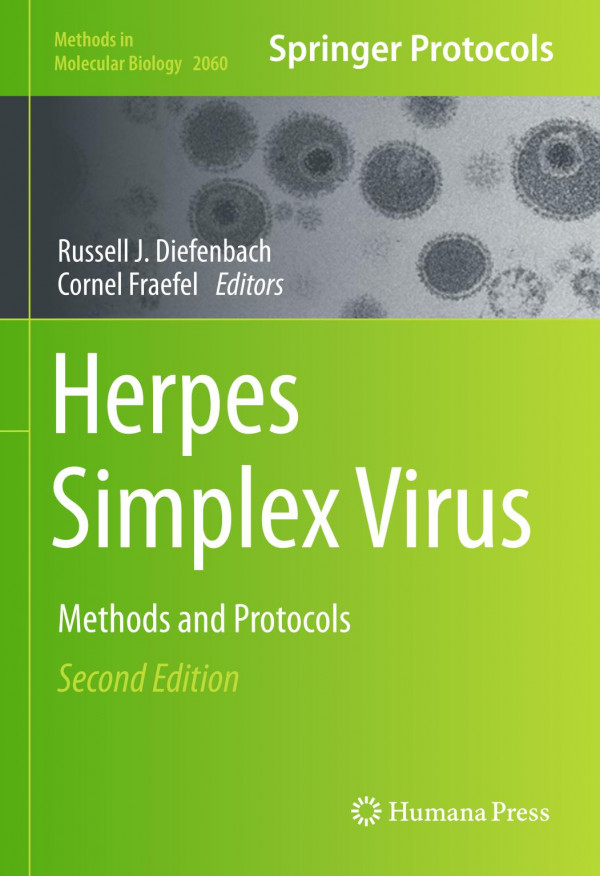

Most ebook files are in PDF format, so you can easily read them using various software such as Foxit Reader or directly on the Google Chrome browser.
Some ebook files are released by publishers in other formats such as .awz, .mobi, .epub, .fb2, etc. You may need to install specific software to read these formats on mobile/PC, such as Calibre.
Please read the tutorial at this link: https://ebookbell.com/faq
We offer FREE conversion to the popular formats you request; however, this may take some time. Therefore, right after payment, please email us, and we will try to provide the service as quickly as possible.
For some exceptional file formats or broken links (if any), please refrain from opening any disputes. Instead, email us first, and we will try to assist within a maximum of 6 hours.
EbookBell Team

4.3
88 reviewsThis second edition volume expands on the previous edition with a discussion of new and updated methods used to study the Herpes Simplex Virus (HSV), along with a look at the latest developing technologies such as next generation sequencing, CRISPR/Cas9 engineering, and the use of BioID to identify protein-protein interactions. Chapters cover topics such as the biology, life cycle, and current state of antiviral and vaccine development for HSV-1; protocols on growing viruses in cell culture and manipulating viral DNA; design and application of HSV-1 vectors for cancer- and gene-therapy; and structural analyses, microscopy, proteomics, and testing of antivirals. Written in the highly successful Methods in Molecular Biology series format, chapters include introductions to their respective topics, lists of the necessary materials and reagents, step-by-step, readily reproducible laboratory protocols, and tips on troubleshooting and avoiding known pitfalls.
Cutting-edge and comprehensive, Herpes Simplex Virus: Methods and Protocols, Second Edition is a valuable resource for immunologists, and molecular and cell biologists. This book will also be useful for researchers who wish to initiate molecular and/or cellular-based approaches to study HSV.